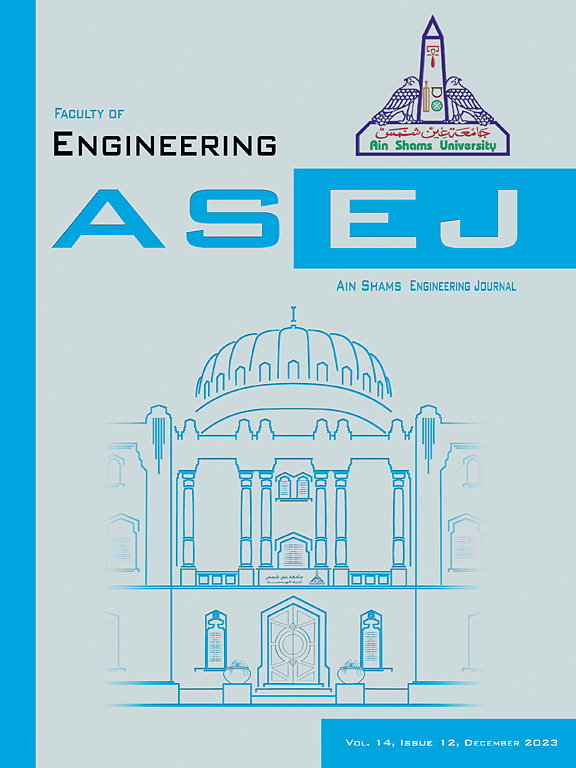基于深度学习的多策略融合增强信道估计算法
IF 6
2区 工程技术
Q1 ENGINEERING, MULTIDISCIPLINARY
引用次数: 0
摘要
随着海上活动频率的不断增加,对先进无线通信系统的需求不断增长,使得准确的信道估计成为一项至关重要的技术。传统的信道估计算法在处理噪声因素时往往存在局限性。为了解决这个问题,我们提出了一种基于深度学习的增强信道估计算法,该算法集成了多种策略,并命名为IMBP算法。该方法模拟了接收端导频信号的插入,并结合了平均滤波器的效率。此外,它利用随机森林优化端到端信息传输,并通过动态阈值调整策略。同时,将深度学习强大的特征学习能力融入到信道估计中,将传统的线性映射升级为非线性映射。仿真结果表明,本文提出的IMBP算法在通信中显著降低了误码率,具有较好的性能。本文章由计算机程序翻译,如有差异,请以英文原文为准。
Multi strategy fusion enhanced channel estimation algorithm based on deep learning
The increasing frequency of maritime activities has fueled a growing demand for advanced wireless communication systems, making accurate channel estimation a crucial technology. Traditional channel estimation algorithms often face limitations when dealing with noise factors. To address this issue, we propose an enhanced channel estimation algorithm based on deep learning, which integrates multiple strategies and is named the IMBP algorithm. This method simulates the insertion of pilot signals at the receiving end and combines the efficiency of mean filter. Additionally, it utilizes random forests to optimize end-to-end information transmission and adjusts strategies through dynamic thresholds. Simultaneously, by incorporating the powerful feature learning capability of deep learning in channel estimation, it upgrades traditional linear mapping to nonlinear mapping. The simulation results demonstrate that the IMBP algorithm proposed in this paper significantly reduces BER in communication, demonstrating superior performance.
求助全文
通过发布文献求助,成功后即可免费获取论文全文。
去求助
来源期刊

Ain Shams Engineering Journal
Engineering-General Engineering
CiteScore
10.80
自引率
13.30%
发文量
441
审稿时长
49 weeks
期刊介绍:
in Shams Engineering Journal is an international journal devoted to publication of peer reviewed original high-quality research papers and review papers in both traditional topics and those of emerging science and technology. Areas of both theoretical and fundamental interest as well as those concerning industrial applications, emerging instrumental techniques and those which have some practical application to an aspect of human endeavor, such as the preservation of the environment, health, waste disposal are welcome. The overall focus is on original and rigorous scientific research results which have generic significance.
Ain Shams Engineering Journal focuses upon aspects of mechanical engineering, electrical engineering, civil engineering, chemical engineering, petroleum engineering, environmental engineering, architectural and urban planning engineering. Papers in which knowledge from other disciplines is integrated with engineering are especially welcome like nanotechnology, material sciences, and computational methods as well as applied basic sciences: engineering mathematics, physics and chemistry.
 求助内容:
求助内容: 应助结果提醒方式:
应助结果提醒方式:


